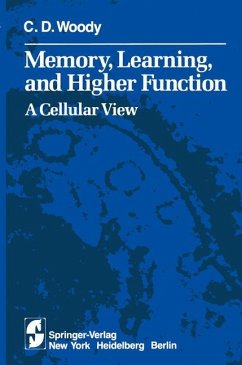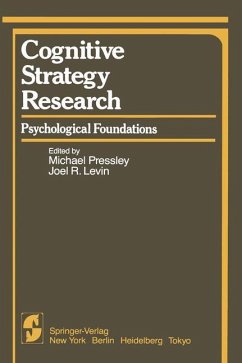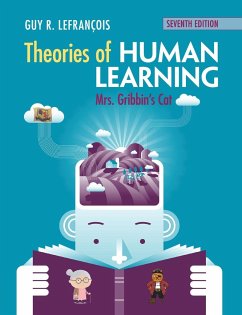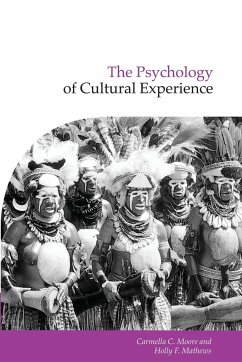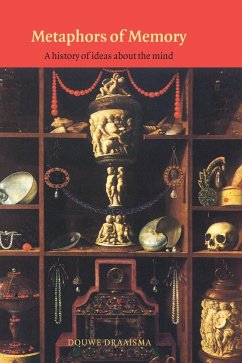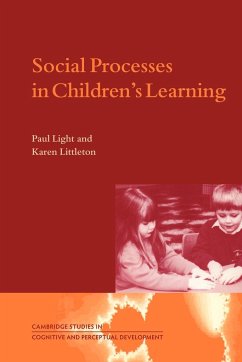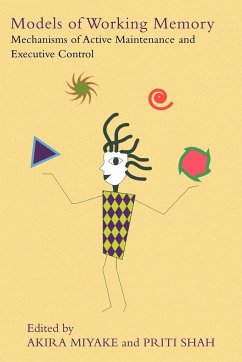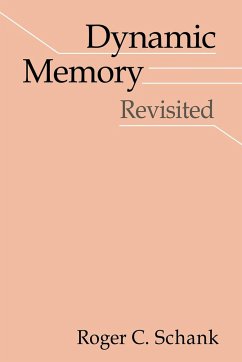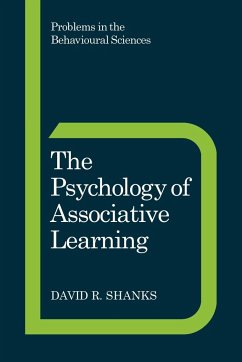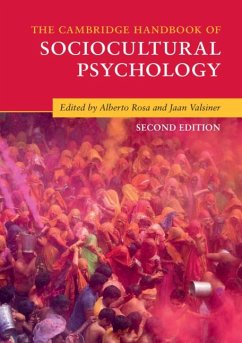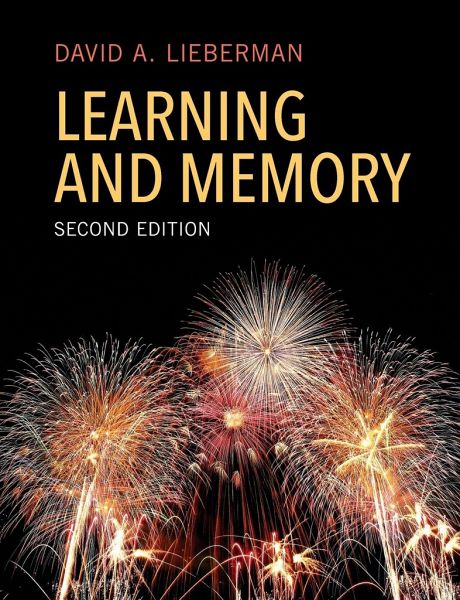
Learning and Memory
Versandkostenfrei!
Versandfertig in 1-2 Wochen
65,99 €
inkl. MwSt.
Weitere Ausgaben:

PAYBACK Punkte
33 °P sammeln!
The first text to integrate behavioral and cognitive approaches to learning and memory, this engaging textbook emphasizes human research, reflecting the field's evolution. Learning and Memory also recognizes the vital contribution of animal research, covering all historically important studies. Written in a lively and conversational style, this second edition encourages students to think critically. One example is its exploration of the Rescorla-Wagner model, the most important theory of conditioning, now further streamlined to improve student comprehension. Another is the addition of critical...
The first text to integrate behavioral and cognitive approaches to learning and memory, this engaging textbook emphasizes human research, reflecting the field's evolution. Learning and Memory also recognizes the vital contribution of animal research, covering all historically important studies. Written in a lively and conversational style, this second edition encourages students to think critically. One example is its exploration of the Rescorla-Wagner model, the most important theory of conditioning, now further streamlined to improve student comprehension. Another is the addition of critical-thinking questions, which encourage students to evaluate their reactions to the material they've read, and relate findings to their own lives. Research includes an emphasis on practical applications such as treatments for phobias, addictions, and autism; the arguments for and against corporal punishment; whether recovered memories and eyewitness testimony should be believed; and effective techniques for studying. The text concludes with an overview of neural networks and deep learning.





